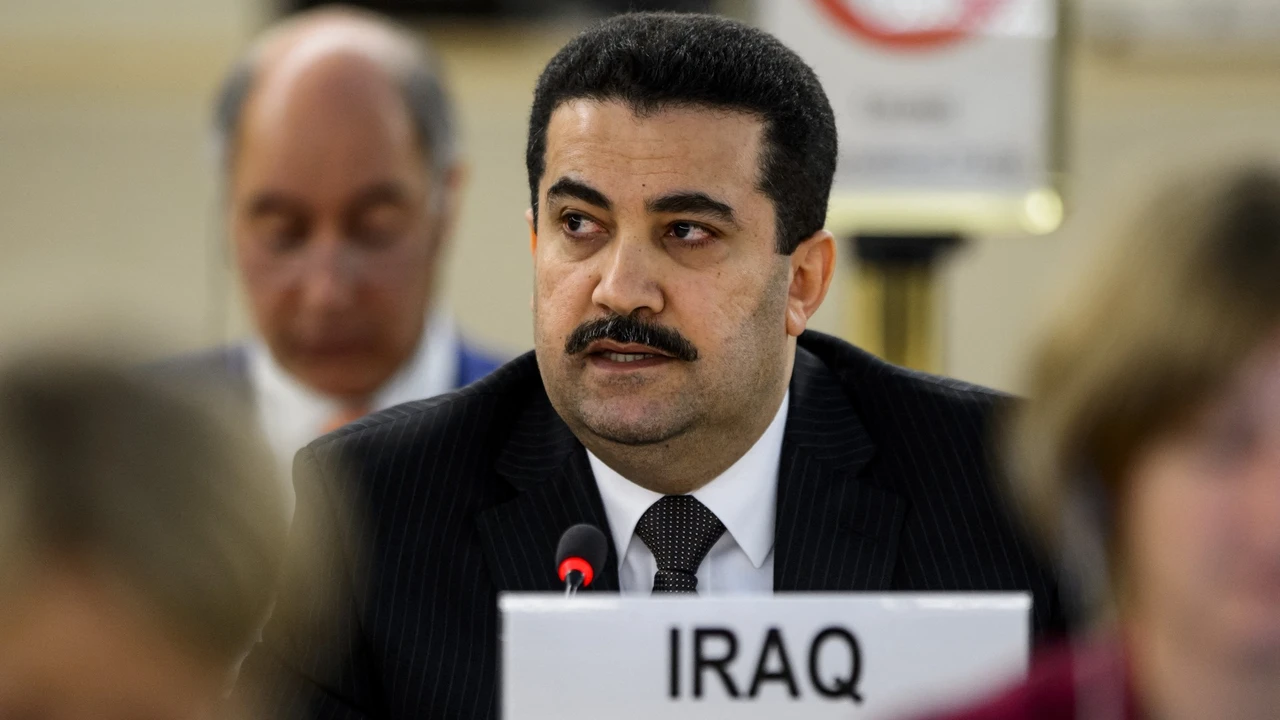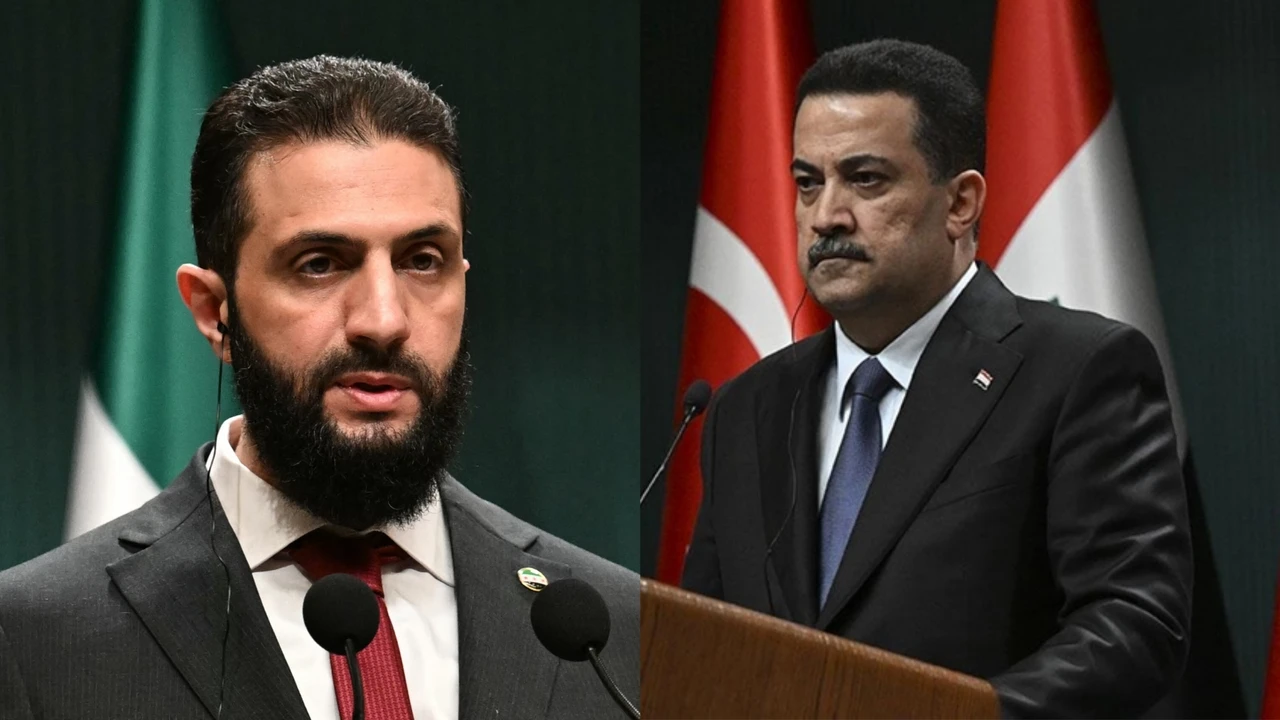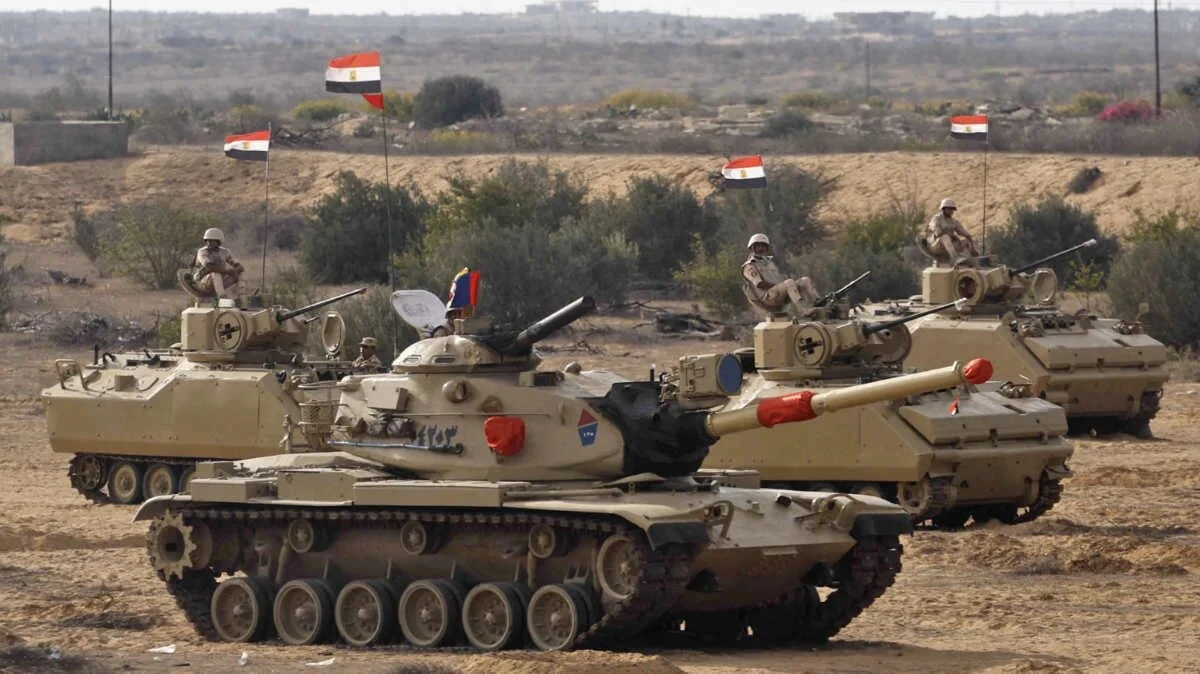Iraqi PM warns Israel’s UN letter could precede aggression
 Mohammed Shia al-Sudani speaks at a special session of the United Nations Human Rights Council, Geneva, Switzerland, September 1, 2014. (AFP Photo)
Mohammed Shia al-Sudani speaks at a special session of the United Nations Human Rights Council, Geneva, Switzerland, September 1, 2014. (AFP Photo)
Iraqi Prime Minister Mohammed Shia al-Sudani warned Tuesday that a letter from Israel to the United Nations Security Council could be a prelude to an attack on Iraq. The letter, sent by Israeli Foreign Minister Gideon Sa’ar, accused pro-Iranian militias in Iraq of using its territory to carry out strikes against Israel.
“The message sent by the Zionist entity (Israel) to the UN Security Council represents a pretext for aggression against Iraq and aligns with its ongoing efforts to expand the war in the region,” al-Sudani said in a statement.
He affirmed Iraq’s rejection of such threats, emphasizing that decisions of war and peace rest solely with the Iraqi state. Al-Sudani reiterated his country’s intent to avoid involvement in conflicts while supporting humanitarian efforts for Palestinians and Lebanese civilians amid ongoing wars in Gaza and Lebanon.
Sa’ar’s letter, shared on social media, urged the Security Council to compel Iraq to meet its obligations under international law, warning that Israel reserves the right to self-defense.
The escalating rhetoric comes as Iran-backed armed groups in Iraq have launched drone strikes targeting Israel, a response to Israel’s military operations in Gaza and Lebanon. Israeli actions have drawn criticism for disregarding Security Council resolutions, including Resolution 2728, which calls for an end to the Gaza conflict.
Emergency measures
In response, al-Sudani convened an emergency meeting of Iraq’s National Security Ministerial Council. The council dismissed Israel’s claims as “baseless pretexts for a planned aggression” and highlighted Iraq’s efforts to confiscate weaponry intended for unauthorized launches.
The council affirmed Iraq’s commitment to preventing its territory from being used for attacks, with security forces taking legal action against violators. Al-Sudani directed military and security agencies to clamp down on unauthorized military activities and ordered enhanced border security along Iraq’s western frontier with Syria.
Additionally, al-Sudani instructed the Ministry of Foreign Affairs to engage the Arab League in adopting a unified stance against Israel’s threats. The Foreign Ministry was also tasked with urging the Security Council to review Iraq’s complaints about Israeli violations of its airspace.
Iraq’s air defense forces were ordered to bolster protections for the country’s airspace and critical infrastructure. The Ministry of Interior has been tasked with preparing emergency plans proportionate to the heightened risk.
Regional escalation
The developments come amid mounting regional tensions following Hamas’s cross-border attack on Israel in October last year. Israel’s subsequent offensive in Gaza has resulted in nearly 44,000 deaths, primarily among women and children, according to Palestinian health officials.
The conflict has also spread to Lebanon, where Israeli strikes have escalated amid ongoing hostilities with Hezbollah. The widening violence underscores the fragile state of the region and the international implications of the Gaza war.
Al-Sudani’s actions reflect Iraq’s precarious position as it navigates threats of aggression while maintaining its sovereignty in a volatile geopolitical landscape.



